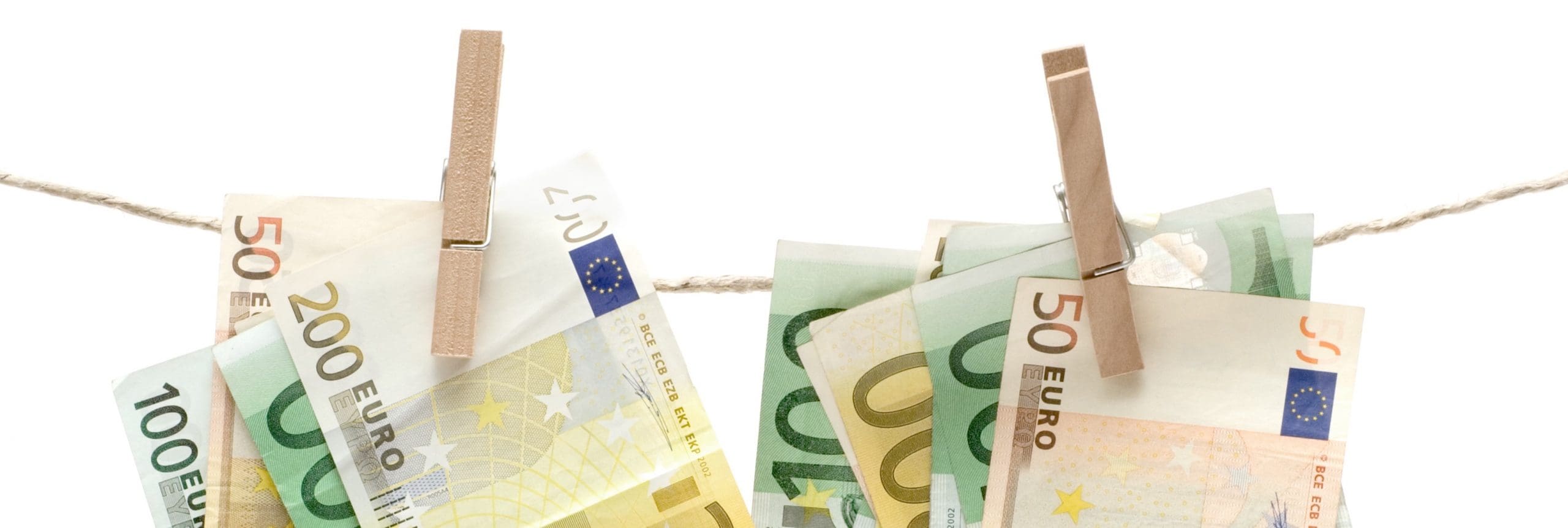The Latvian courts have upheld a journalistic website’s right to report on stories of widespread money laundering. The Baltic Centre for Investigative Journalism, otherwise known as Re:Baltica, is a celebrated non-profit organisation of journalists in Latvia that produces pieces of investigative journalism for free.
Irina Kostina, Re:Baltica’s attorney, has stated that she is “glad that another defamation case is resolved; this judgment is important as it represents tacit encouragement for investigative journalists who might be put off covering socially important stories in the future.” Inga Springe, founder of Re:Baltica, has stated that the organisation is very happy that they had won the case; “[w]e felt wrongly accused, and I strongly believe the [claimant] was attempting to use the court system to intimidate the media. There are many challenges a small non-profit like Re:Baltica faces every day, and I am very grateful for the vigorous legal defence from our lawyer, and the critical assistance and financial support that MLDI provided during the trial.”
In 2012, Re:Baltica was sued for republishing a story that originally appeared on the website of the Organized Crime and Corruption Reporting Project. The article was entitled “Russian Laundering Machine”, and detailed an international money laundering network that relied on phantom companies and nominal directors to shield the identities of those involved in various suspicious transactions across the globe.
A Russian lawyer, who had helped set up one of these phantom companies, was interviewed in the article. He stated that he was working under the instructions of a man named “Maxim” who had not provided him with a surname, and who was no longer contactable. Later in the article, Mr Maxim Stepanov is named as being the head of Midland Consult, a company that had also helped to set up such companies. Both Maxim Stepanov and Midland Consult sued Re:Baltica for defamation on the basis that the use of the name “Maxim” by the Russian lawyer implicated them in money laundering.
The court of first instance held that the claim of defamation could not be made out in this case. The court noted that the mere fact that both Maxim Stepanov and Midland Consult were mentioned in the article was not enough to prove that they had been defamed. This assertion was upheld on appeal by the Riga Regional Court on 28 January 2015. The appellate court indicated that Maxim Stepanov had applied his own personal and subjective interpretation to the article in order to come to the conclusion that the person referred to only as “Maxim” must be him.
The appellate court also highlighted the public interest in publishing a story of this nature, and recognised that the author of the article had comprehensively investigated the story. As a result, it was within Re:Baltica’s right to freedom of expression to republish the article.
Nani Jansen, Legal Director of MLDI, commented that “this case is yet another example of wealthy individuals and corporations using litigation as a method of suppressing legitimate news stories; stories that are being delivered by teams of investigative journalists who have minimal resources to begin with. MLDI is a proud supporter of Re:Baltica and its fight to ensure that investigative news stories are made known to the public.”
The Media Legal Defence Initiative contributed towards the legal costs for defending this case. Irina Kostina from LAWIN represented Re:Baltica throughout the legal proceedings. An interview with Inga Springe, founder of Re:Baltica, in which she discusses the case can be read here.
Recent News
World Press Freedom Day Side Event: Profiling and surveillance, a renewed challenge to freedom of expression
From May 2-4 2024, UNESCO and the government of Chile will host the 31st edition of World Press Freedom Day in Santiago. The global commemorative conference commemorates the vital role of journalism and information access in fostering a sustainable future that upholds diversity of voices. Media Defence is organising a side event at the conference […]
Landmark Ruling: Kenya’s High Court Declares Colonial-era Subversion Laws Unconstitutional
Media Defence welcomes the verdict of the High Court in Nakuru, striking down sections of the Kenyan Penal Code which criminalise subversion, citing them as relics of colonial oppression that curtail freedom of expression. Justice Samwel Mohochi, delivering the judgment, asserted that these provisions were overly broad and vague, stifling dissent rather than serving any […]
UN Rapporteurs Call for Protection of Brazilian Journalist Schirlei Alves
UN Rapporteurs Call for Protection of Brazilian Journalist Schirlei Alves Amid Defamation Charges Stemming from Rape Trial Coverage A letter dispatched by UN rapporteurs to the Brazilian Government calls for protective measures for women journalists covering cases of sexual crimes. The letter also denounces the conviction of Brazilian investigative journalist and women’s rights defender, Schirlei […]



